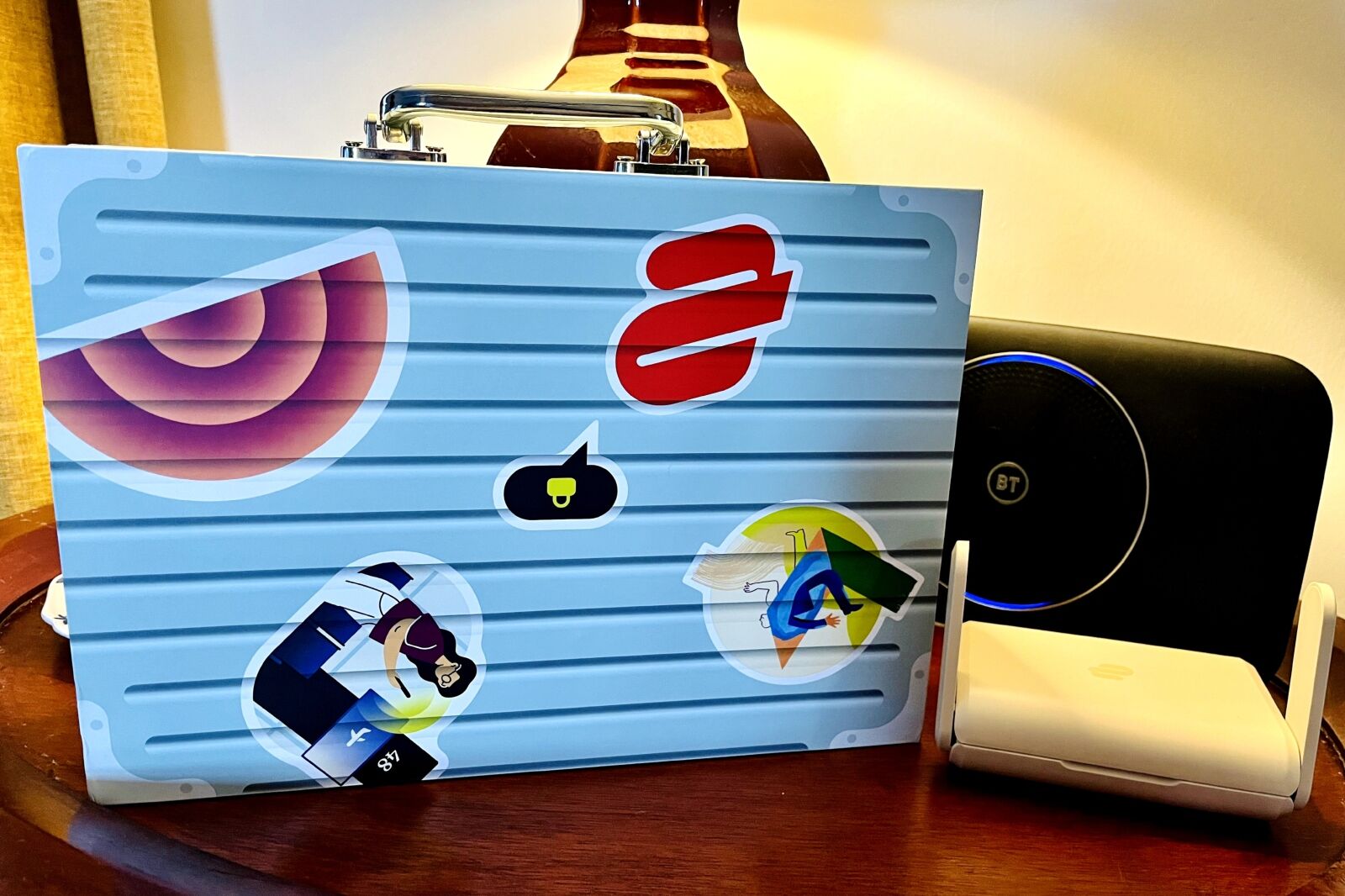I left my country of birth for almost fifteen years. From Sydney, Australia to New York and on to Santiago, Chile, I lived as a digital nomad. Reflecting on this time, I can think of tech that would have made my life so much easier: An iPhone 16, AI language apps, GuideGeek to help me navigate new cities, and a VPN so I could stream The Great British Bake Off and work more efficiently and securely when outside the US, would have been great.


This Is the One Piece of Tech I Wish I Had When I Was a Digital Nomad
Recently, I got ExpressVPN because now I’m back in Scotland, I need easy access to US-based content to streamline my location independent working day (and binge Hulu when I’m done.) After decades of not having this tech, I’m kicking myself that I didn’t do this sooner because ExpressVPN would have been a godsend, especially during my five years in South America, where I often worked in cafes on unsecured networks. Here are some of the ways this nifty VPN can make life for a digital nomad more enjoyable and safer.
What is ExpressVPN?
ExpressVPN is a virtual private network (VPN) service that allows you to securely connect to the Internet from anywhere in the world. Like other VPNs, it encrypts internet traffic, making it tricky for hackers or other third parties to intercept or monitor data. It also hides your IP address, making it difficult for websites or other online services to track your location. And with this, you can access geo-restricted content from streaming services like Netflix and Hulu or those pesky sites that geoblock due to economic sanctions or shipping restrictions.
Here are some of the key features of ExpressVPN (without too much jargon)
I’m one of those nearing middle-aged individuals who refers to TikTok as “The TikTok thing,” so I’ll keep this pretty simple.
- Strong encryption
This VPN uses AES-256 encryption, which is considered one of the strongest encryption algorithms available. The site says this is the same encryption standard used by the US government and security experts around the world. This will protect your online activities from outside hackers and government surveillance, which is important when living or traveling to countries with questionable internet privacy practices.
- No logs policy
ExpressVPN does not keep logs of IP addresses or activities, meaning it cannot share information with third parties. This prevents anyone, including the company itself, from tracking your online activities or identifying your location.
- Large server network
One of the most valuable features of this tool is its extensive server network. It offers a wide range of options for connecting to the Internet from pretty much anywhere in the world. There are thousands of servers in 105 countries.
- Kill switch
The kill switch feature automatically disconnects you from the internet if the VPN connection drops, which again helps to protect your privacy and keep you on track.
- Split tunneling
The split tunneling feature allows you to choose which apps and websites to route through the VPN and which you want to route directly. This flexibility is fantastic and so simple to use — even for me. You can configure split tunneling within the ExpressVPN app. It’s awesome if you’re using a VPN for privacy but also want to access locally hosted content or services.
- Media streamer
The media streamer feature allows you to unblock geo-restricted content from streaming services such as Netflix regional libraries, Hulu, and Amazon Prime Video. If you’re learning a new language or feeling rusty, accessing Netflix in various countries is neat, as you can watch many of your favorite shows in your language of choice. I’m sure I’m not the only one who learned Spanish by watching re-runs of Friends.
How much does ExpressVPN cost?
Now, ExpressVPN is steeper in price than competitors on the market, but it is one of the best (and most powerful) out there, and once you set it up and start scrolling, it feels justified. You get quality for the monthly subscription cost of $12.95 per month for a single month, $59.95 (or $9.99 per month) for a six-month plan, or $99.95 (or $8.32 per month) for the annual subscription. You can also try ExpressVPN risk-free for 30 days.
The subscription allows you to have eight connections at one time. You can install ExpressVPN on as many devices as you want, but only eight can be connected simultaneously. And who has that many tablets and phones? Well, perhaps someone who does not live with only a husband and a kitten.
If you have a large family, you can get The Aircove portable router ($190), which comes in a neat suitcase box. The router has ExpressVPN built directly into its hardware. This means all devices (up to 30) connected to the router automatically benefit from ExpressVPN’s secure and encrypted connection without requiring additional setup or software.

Photo: Katie Scott Aiton
It also offers excellent Wi-Fi coverage throughout your home. I have an old cottage, and despite our thick stone walls, the signal and speed are consistent from one end to the other. You can also set parental controls on the router. You can create profiles for different users and place restrictions on internet access, time limits, and content filters.
Keep in mind that you still need an ExpressVPN subscription to use the Aircover router. The service works exclusively with the router, which provides access to VPN servers and features integrated into the box.
How do you get an ExpressVPN?
Setting up ExpressVPN is easy. You simply need to download the ExpressVPN app for your device (PC, Mac, smartphone, or tablet) and create an account. Once you’ve done this, you can connect to a server of your choice and browse the internet securely with confidence.